Customers are increasingly involved in their energy consumption. EDF Group undertakes to support the emergence of "consom’actors" by creating shopping-list offers and services to help them consume less and better.
The digital revolution is changing the state of play. The Group and its subsidiaries undertake to provide those customers who so wish innovative digital solutions that will become increasingly effective as technology evolves, while the rollout of smart meters will allow them to keep a close eye on their consumption and save energy.
Consumption in euros and kWh for homeowners
"e.quilibre" is an interactive dashboard enabling customers to precisely track their energy consumption (electricity and natural gas) on their computer or tablet. They can display the energy consumed by each apparatus and by type of use in either euros or kWh: heating, hot water, household appliances, etc.
-
12millionsAlmost 12 million customers have immediate access to the e.quilibre solution
Coupled with smart meters currently being rolled out across France, this solution paves the way for new digital services to communicate with customers and help them consume less and better.
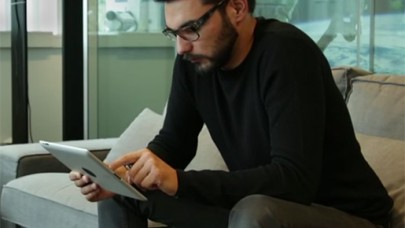
Your browser does not support javascript.
To enable you to access the information, we suggest you view the video in a new tab.
Video
Understand and manage your energy consumption
EDF presents e.quilibre, a 100% digital solution for French customers. Everyone can now display the energy consumed by each apparatus and by type of use in either euros or kWh.
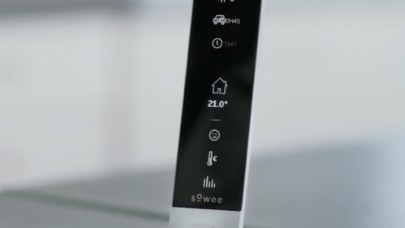
Your browser does not support javascript.
To enable you to access the information, we suggest you view the video in a new tab.
Video
Sowee, the first connected station for your home
The Sowee solution is a connected station linked with a mobile app. Customers get real-time information remotely, potential heat adjustments they can operate from home to maintain a level of comfort or control their natural gas heating budget.

Your browser does not support javascript.
To enable you to access the information, we suggest you view the video in a new tab.
Video
To command your thermostat via your smartphone
In the United Kingdom, EDF Energy offers the HeatSmart®app, for managing, from their smartphone, Netatmo, a smart thermostat wich analyses the home’s characteristics and the household’s consumption habits to adjust the heating according to changes in the outdoor temperature.
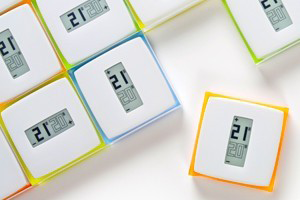 In the United Kingdom, EDF Energy offers all consumers – whether or not an EDF Energy customer – HeatSmart®, a fully installed a solution for managing their electric heating from their smartphone to help reduce consumption. The app remotely controls a smart thermostat called Netatmo that includes software to analyse the home’s characteristics and the household’s consumption habits to adjust the heating according to changes in the outdoor temperature.
In the United Kingdom, EDF Energy offers all consumers – whether or not an EDF Energy customer – HeatSmart®, a fully installed a solution for managing their electric heating from their smartphone to help reduce consumption. The app remotely controls a smart thermostat called Netatmo that includes software to analyse the home’s characteristics and the household’s consumption habits to adjust the heating according to changes in the outdoor temperature.
Auto-assess your energy performance
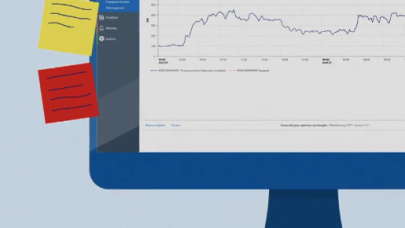
Your browser does not support javascript.
To enable you to access the information, we suggest you view the video in a new tab.
To analyse & anticipate electric consumptions
AnalyseConso, an EDF Entreprises web tool, itemizes the consumptions of a site from its load curves and allows to identify tangible ways to save energy.

Your browser does not support javascript.
To enable you to access the information, we suggest you view the video in a new tab.
Video
Smart system auditing energy efficiency in Industry
Developed by EDF Group R&D, MotorBox is a full and innovative system for auditing energyu efficiency in electrical motors and drives. Motorbox provides real-time data collection and instant modelling, quickly identifying potential efficiencies.
Cities too have begun their digital revolution
Digital technology is helping cities consume less energy. Elected representatives and local decision-makers have access to tools to simulate future consumption based on a multitude of criteria, or to remotely manage in real time equipment such as public lighting that can account for up to 40% of their power bill.
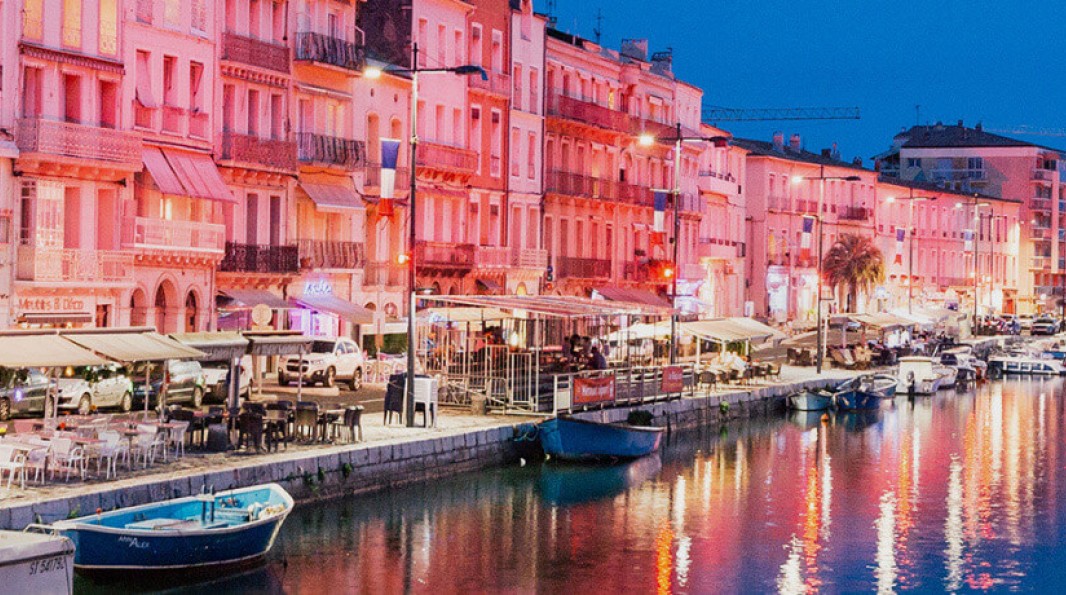
From Sète in France to Copenhagen in Denmark, Citelum, the Dalkia Electrotechnics brand dedicated to infrastructure and services for Smart Cities, is supporting cities through the energy transition by installing remote management and computerised maintenance systems for lighting points. They improve the safety, service continuity and efficiency of public lighting. In Sète, for example, the solution installed led to the removal of 18% of lighting points and targets a 50% energy savings within four years. In Copenhagen, half of the city’s public lighting system is being renovated, adding up to 20,000 light points and 8,000 lampposts. LED technology, which consumes less energy, is being used along with a collaborative platform for managing public areas that should enable the annual electricity consumption of public lighting to be more than halved.

